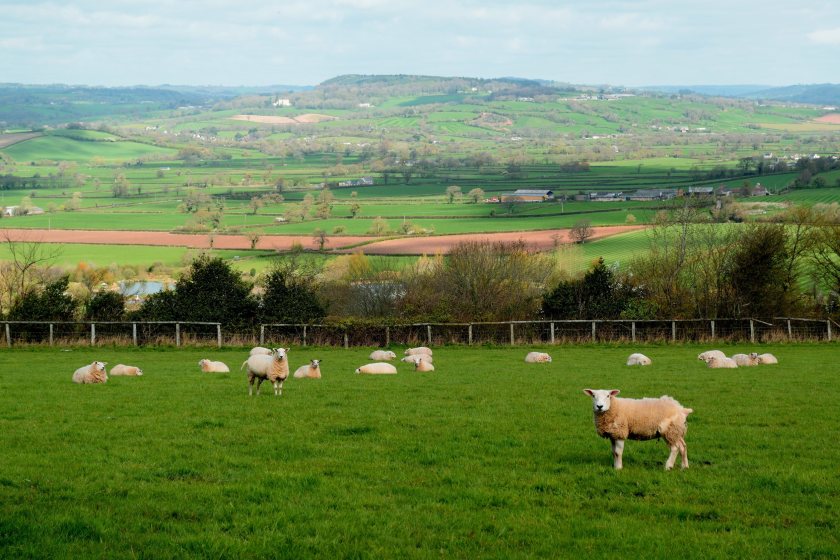
Farmers are being urged to contact their veterinarians and discuss the use of three new bluetongue vaccines that were given approval to curb rising infections.
The government permitted the use of the unauthorised bluetongue serotype 3 (BTV-3) vaccines on Thursday (5 September) following dozens of confirmed cases.
The vaccines are suppressive, meaning they will reduce some of the clinical signs experienced by animals with the disease, but they do not prevent infection.
Following over 40 confirmed cases of bluetongue across Norfolk, Suffolk and Essex in the space of nearly two weeks, Defra declared a restricted zone across the region to mitigate the risk of further spread of the disease.
Just a few days ago, bluetongue was also confirmed in a single bull on a farm in East Yorkshire, leading to the creation of a 20km temporary control zone (TCZ).
The UK's Chief Veterinary Officer, Christine Middlemiss, said the vaccines were an important step forward in curbing the virus.
"They will aid in reducing clinical signs in animals and the impact of disease on farms, but it is not a protective vaccine," she said.
"We are still urging farmers to follow all of our guidance in order to prevent the disease spreading to their herds and any further.
“I urge farmers to contact their veterinarians if they wish to use the vaccines and to continue monitoring their animals frequently for clinical signs and report suspicion of disease immediately to the Animal Plant Health Agency.”
Vaccines must only be used with an appropriate licence in place, with Defra saying it would publish guidance around these 'imminently'.
Available licences to allow use will most likely include geographically targeted licences, initially in high-risk counties as part of a phased approach.
The National Sheep Association (NSA) welcomed the vaccine approvals, calling it a 'welcome and very necessary step'.
It reiterated that farmers must contact their private vets if they are interested in using them.
Biosecurity Minister Baroness Hayman said the permitting of these vaccines formed one part of the government's efforts against this highly infectious disease.
She said: “We are working at pace in order to provide farmers with everything they need to protect their livestock and businesses and would recommend they contact their veterinarians for access to the vaccines.
"Farmers are also reminded that free testing remains available.”
Unlike some of the authorised BTV vaccines for other BTV serotypes, the three vaccines reduce rather than prevent the presence of BTV-3 virus in the blood.
This means that they may not prevent animals from being infected or infectious, rather depending on the vaccine their claims include reduction or prevention of clinical signs experienced or mortality.
For this reason, all movement controls and trade restrictions in place, such as in the restricted zone and the TCZ, will still apply to vaccinated animals.
Vaccination status will not affect movement restrictions which remain in place and apply to all ruminants and camelids moving out of the restricted zone and to the movement of their germinal products within the zone.
Last November, government vets identified the first case of the disease in Britain since 2007.
The government recently set out its plans to minimise the impact of a likely outbreak of bluetongue as experts feared a surge in cases during the summer months.
BTV is a notifiable disease. Suspicion of it in animals in England must be reported to the Animal and Plant Health Agency on 03000 200 301.
